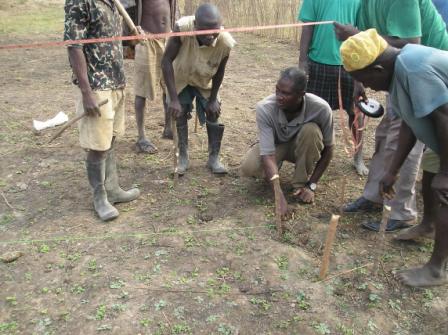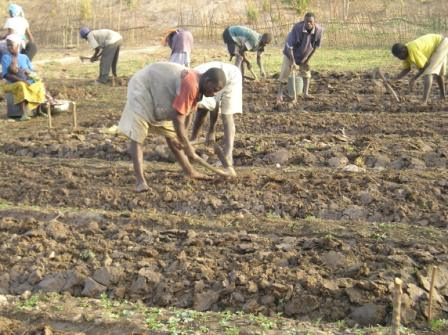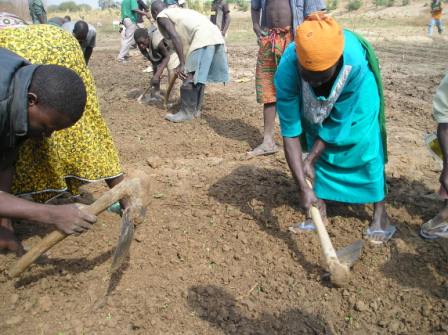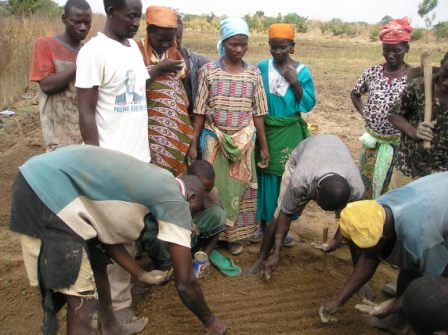Tamale Pilot Project
The Tamale pilot project seeks to enhance food security and nutrition security through sustainable urban vegetable production. The pilot project was necessitated by the inadequate recognition of the importance of urban agriculture by policy makers, which has resulted in its exclusion in urban land policy planning and hence the dwindling of land holdings of urban farmers especially women farmers. The project also seeks to positively influence the public and local government regulatory frameworks that impact on urban agricultural land.
The project is implemented by Urban Agricultural Network (URBANET), which is an umbrella non-governmental organization of farmer base groups, NGOs, CBOs and Research Institutions working to improve upon urban agriculture and food security in urban centres in the north of Ghana.
Participating Organizations on the project include:
- Tamale Metropolitan Agriculture Development Unit
- Department of Cooperatives, Tamale
- University for Development Studies, faculty of agric, Tamale
- Action Aid International
- Fooshegu and Gumbihini Vegetable Farmers Associations
- Town and Country Planning Department


Farmers working at Farmers Field School at Fooshegu in Tamale
Project Outputs:
- Total of 128 (60 men and 68 women) group leaders representing 13 vegetable farmers, 10 small ruminant farmers and 9 rice processing groups acquired skills in leadership and group dynamics. See table 2.0 below
- A training manual on basic skills in group dynamics and leadership has been developed. This will serve as a guide for future training and for purposes of monitoring and mentoring of the groups.
- Women participation in community leadership and project management has improved with 68 women executive members acquiring leadership skills
- The chiefs and opinion leaders agreed and gave out 2 hectares of land in each of the two communities for the establishment of the demonstration fields for the FFS
- A total of 48 (26 women and 22 men) participants were selected and directly participated in the training on the FFS
- 48 (26 women and 22 men) farmers have successfully acquired skills in organic vegetable production practices (compost and manure preparations and application, neem extract preparation and application, water management technologies and agro-ecological system analysis) through practical demonstrations
- 48 (26 women and 22 men) farmers introduced to the cultivation of exotic vegetables. Hitherto farmers were producing traditional vegetables such as “allefu”, “ayoyo” and local pepper; but farmers have now started producing exotic vegetables such as cabbage, green paper and lettuce and garden eggs. This brings about diversity of vegetables produced as well as offers farmers opportunities to increase their incomes since the exotic vegetables are purposely produced for the markets.
- The demarcation of a total of 114 hectors of lands as green belts which is in the process of being registered by the Lands Commission Department as community agric zones for small scale irrigation purposes.


Women active in land preparation and nursing of lettuce seeds
For more details please read The Tamale Pilot project synthesis report.






